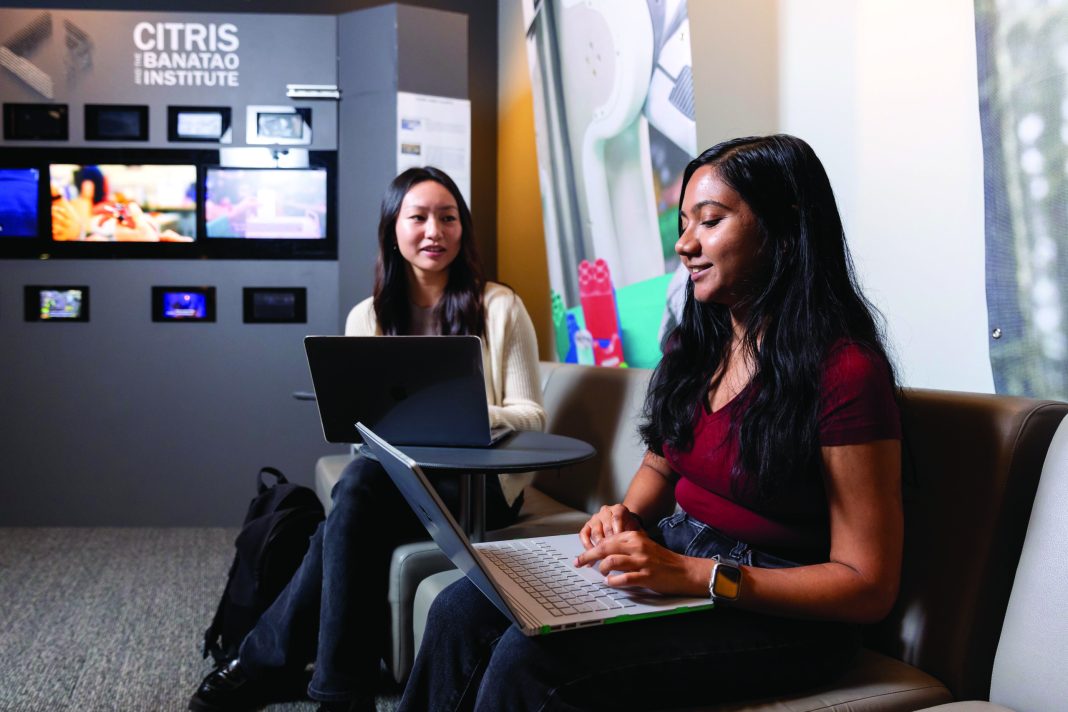Artificial intelligence is taking the world by storm, and University of California, Berkeley, School of Law is at the forefront, helping to mitigate risks and maximize benefits.
The school’s Artificial Intelligence, Platforms and Society Project has taken center stage in an effort to foster responsible innovation and governance of the rapidly evolving field.
“The law school brings deep expertise about questions of law, policy and regulation,” said Tejas Narechania, a professor at Berkeley Law who helped spearhead the project for the Berkeley Center for Law & Technology.
Narechania said it is important to address governance questions emerging around AI, such as how to regulate speech on powerful platforms, how to combat algorithmic bias and how to balance privacy versus insights gained from data collection.
Berkeley Law is one of many schools that are embracing innovation to redefine legal education. These forward-thinking institutions are adapting to the rapid advancements in technology and addressing pressing social challenges through their curricula.
From integrating artificial intelligence into legal research to exploring the ethical implications of emerging technologies, these schools are preparing law students for a complex and dynamic legal world.
University of California, Berkeley, School of Law
Artificial intelligence is not the only focus of the Berkeley Center for Law & Technology. But AI is definitely at the heart of its cutting-edge work.
Wayne Stacy, the center’s executive director, said the AI project aligns with the center’s other significant initiatives, providing intersections for study and research. The project’s focus on AI governance, platform usage and ethical legal problem-solving is timely and essential.
The project exemplifies the synergy between law, policy and technology. Its focus is not only on shaping the next generation of lawyers but also on influencing the trajectory of AI’s future.
Southwestern Law School
Southwestern is also addressing AI. The Los Angeles school has launched a series of programs designed to integrate generative AI into its curriculum.
In one program, students first focus on mastering legal writing and analysis, completing a legal memorandum without AI assistance. They receive detailed feedback, honing their skills through traditional methods. Then they tackle a second memorandum in which they are encouraged to use ChatGPT.
Students are assessed on their ability to think and write on their own, as well as their ability to evaluate and correct AI-generated content. They are tested on their skill at spotting inaccuracies, incompleteness and bias in AI-generated documents.
Maurice A. Deane School of Law at Hofstra University
On the other side of the country, Hofstra University is also tackling AI. The Hempstead, New York, school established a legal-tech fellowship last fall for law and computer science students to develop artificial intelligence applications for the legal profession.
Each year, three Hofstra law students and three Hofstra computer science students will be selected for the fellowship. Each recipient will be awarded a $7,500-per-year stipend.
The first class of fellows developed a bilingual chatbot to guide users through the small claims court system and help them file claims.

